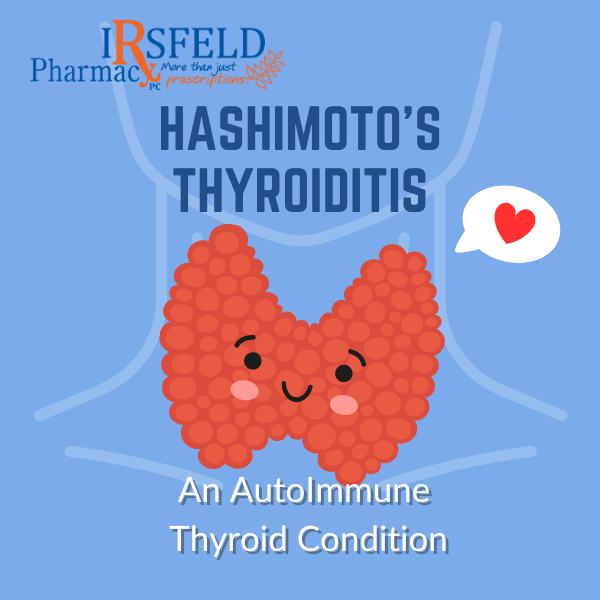In my last article we covered what LGS is. Today I will go over the symptoms of LGS and what some of the causes can be. The causes topic is quite easy to explain while the symptoms can be quite diverse, which is why this condition is largely “under the radar”.
What are the signs or symptoms of leaky gut?
·Digestive issues such as gas, bloating, diarrhea or irritable bowel syndrome.
·Diagnosis of candida overgrowth.
·Seasonal allergies or asthma.
·Diagnosis of chronic fatigue or fibromyalgia.
·Hormonal imbalances such as PMS or PCOS.
·Diagnosis of an autoimmune disease such as rheumatoid arthritis, Hashimoto’s thyroiditis, lupus, psoriasis, or celiac disease.
·Mood and mind issues such as depression, anxiety, ADD or ADHD.
·Skin issues such as acne, rosacea, or eczema.
·Food allergies or food intolerances.
One of the reasons LGS is hard to pin down is that it can be hard to correlate skin issues, fatigue and seasonal allergies as all coming from the same source. As Hippocrates stated in the 700’s, “All disease begins in the gut”, based on the symptoms list, it kind of looks that way.
What are some of the causes of leaky gut? Cause can be lumped into 4 main areas; foods, infections, toxins, and stress. For most cases it is not one individual thing but the sum of many factors.
Toxic foods provide little nutritional value, can deplete nutrients and slow the gut down causing it to produce more toxins. Processed foods invariably are low in nutrients and fiber, with high levels of food additives, chemically modified fats, and sugar. These foods promote inflammation of the GI tract. Other inflammatory foods such as sugar and excessive alcohol are suspected as well. It's also important to note that even foods we normally think of as healthful, such as milk, wheat (gluten which I spoke about in my last article), and eggs, can be irritating to the gut lining
The most common infectious causes are candida or yeast overgrowth, intestinal parasites, and small intestine bacterial overgrowth. Taking antibiotics can affect the balance and nature of bacteria on our gut.
Toxins come in the form of medications like ibuprofen and naproxen, steroids, antibiotics, and acid-reducing drugs, and environmental toxins like mercury, pesticides and BPA from plastics. Toxins stress our immune system and the body's ability to repair itself. Connective tissue begins to break down, and we deplete our reserves of buffering minerals like magnesium and calcium. This is not just happening in our gut but our entire body.
It seems like stress is a recurring theme in many chronic conditions. It is tough to see the correlation between stress and our GI system but it is ongoing. In the presence of stress our body’s immune response is diminished. When we are in the fight or flight mode, one of the last things our body is concerned about is proper digestion so we produce less acid and enzymes, our digestion and movement of food through our system slows down, blood flow decreases and we produce more toxins.
Our intestinal tract is like the rest of our body, is constantly in a battle to remain in balance and this process largely goes unnoticed. It seems like the only time we recognize this system is when its not working like it should.
Hopefully this overview of the symptoms and causes LGS helps you understand your intestinal tract better as we continue this conversation. In my next article I will review some diagnostic tools and treatments of leaky gut. Stop by the pharmacy if you would like more information about leaky gut. Please visit my website at www.irsfeldpharmacy.com to view this and other health related articles in the blog section. Until next time, be vigilant about your health!!












Share On: